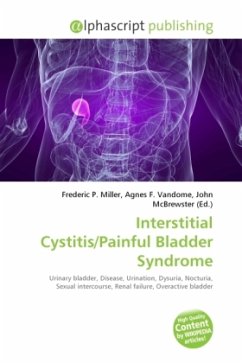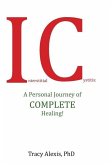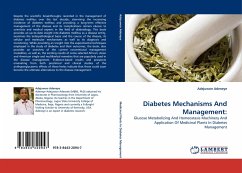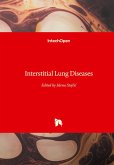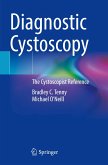The self-management strategies that interstitial cystitis (IC) sufferers use to promote physical, social and emotional well-being are poorly understood. Their lives can be fractured because symptoms, such as urinary frequency and urgency and unrelenting pelvic pain, do not necessarily respond well to currently offered allopathic medical treatments. IC is a chronic disease of hard to predict exacerbations and remissions.Fundamentally, IC s most debilitating symptom is chronic pain. Sufferers repeatedly contact practitioners in the hope of determining the cause of the pain. At present, practitioners can only offer stopgap measures for IC symptoms because of an inability to identify its cause or resolve its symptoms. With few precise signs and symptoms, practitioners can sometimes question the validity of the sufferers complaints, leading to inadequate diagnosis and treatment. Furthermore, the degree of stress sufferers experience, the impact of IC on their sexual function and relationships with their partners and the long-term impact of IC on their lives remains undetermined.
Bitte wählen Sie Ihr Anliegen aus.
Rechnungen
Retourenschein anfordern
Bestellstatus
Storno


